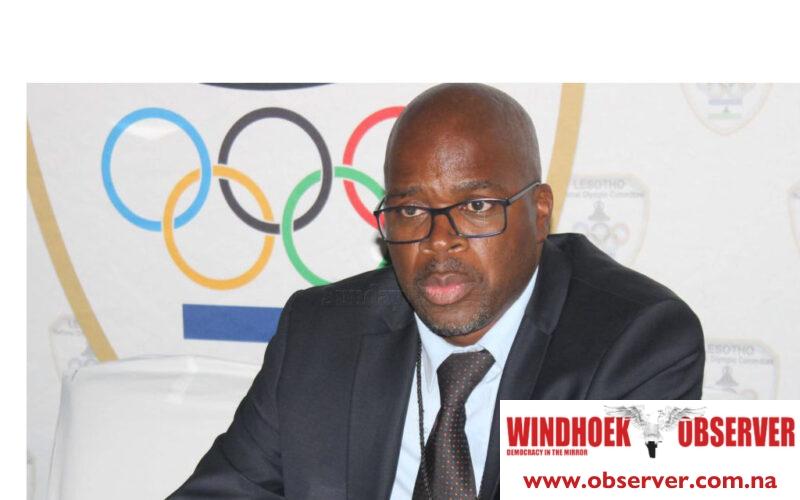The African Union Sports Council (AUSC) Region 5 recently convened a landmark planning retreat in Botswana.
The retreat served as a pivotal moment to reflect on past achievements, review existing strategies, and pave the way for an impactful year ahead. Region 5, known for its leadership in sports innovation and excellence across Africa, seized this opportunity to reinforce its position as the continent’s premier sports region.
At the heart of the retreat was the organization’s commitment to adapt and evolve under its Organisational Re-engineering model. Following the adoption of a new Constitution in January 2022, Region 5 embarked on a journey to establish new organs aimed at enhancing service delivery and organizational vibrancy. With a focus on providing cutting-edge solutions to the Southern African sports ecosystem.
Central to the discussions was the adoption of the HEART28 Theory of Change, a groundbreaking framework aimed at creating a structured, inclusive, and harmonized sports ecosystem. This theory positions sport as a productive sector, emphasizing good governance, human resource development, and inclusive practices to foster healthier and more active communities.
The has adopted various pillars to spearhead it activities. Under the heritage pillar, Region 5 seeks to preserve African culture through sport while fostering resilience and identity across member countries. The excellence pillar prioritizes talent identification, athlete development, and the hosting of credible events to elevate performance standards. Agility underscores the importance of physical education, grassroots sports, and agile leadership, while the resources pillar emphasizes investment in human capital, infrastructure, and funding mechanisms. Finally, transformation aims to address social issues, promote inclusion, and align policies with national and global agendas.
Stanley Mutoya, Chief Executive Officer of African Union Sports Council Region 5, expressed his satisfaction with the outcomes of the retreat, noting its potential to drive innovation and foster sustainable growth. Mutoya’s optimism reflects the spirit of collaboration and dedication that characterized the retreat, setting the stage for Region 5’s continued success in sports development and excellence.
With five member countries having qualified for the just concluded Total Energies Africa Cup of Nations, Region 5’s influence and impact on the African sports landscape are undeniable.




